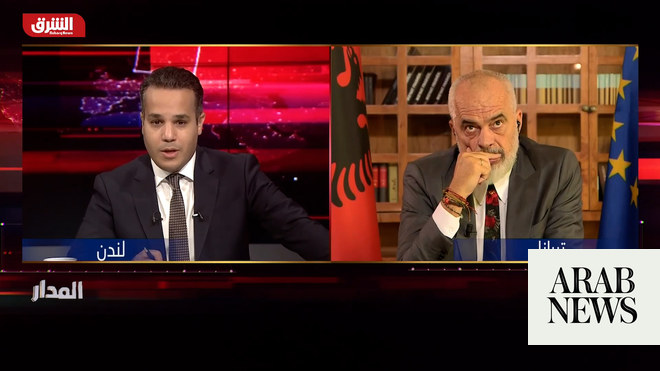
Beirut is bracing for a heavy schedule of upcoming debt repayments, with billions due in November
LONDON: Lebanon may need support from loyal local banks or even friendly Gulf states to buy a new Eurobond as foreign investors look set to shun the sale, citing the country’s long list of troubles.
A Eurobond of around $2 billion is being prepared for sale this month, with cash raised earmarked for refinancing maturing debts and securing Lebanon’s public finances.
But international appetite appears muted, with fund managers wary of putting money into one of the world’s most indebted countries as it grapples with a multitude of national and geopolitical concerns.
“I wouldn’t touch it with a very large stick,” said Aberdeen Standard portfolio manager Viktor Szabo. “It looks like they are getting closer and closer to an implosion.”
Hopes that sovereign wealth funds or other regional allies may ride to the rescue are also fragile. If Saudi Arabia or wealthy Gulf backers plan to subscribe they have yet to say so.
With its debt-to-GDP ratio already at 140%, Lebanon needs to plug a widening balance of payments deficit and precariously low foreign exchange reserves. Worsening its plight has been a slowing of capital inflows from abroad, which Beirut has long relied upon to help meet its financing needs.
The country has a heavy schedule of FX debt payments coming up, with $1.5 billion due in November and a further $2.5 billion between March and June next year, according to Refinitiv data. Central bank governor Riad Salameh said this week it was ready to make those payments, but observers are skeptical about the sustainability of its debt burden without an injection of Gulf funds or reforms.
Lebanon has FX reserves of around $50 billion but analysts say that once money designated for specific things is subtracted, the useable amount is far smaller.
As the country’s economic malaise has deepened this year, its dollar bonds have tumbled around 16% in price and the cost of insuring its debt against the risk of default has surged beyond most countries bar Argentina’s. Lebanon might have to pay an interest rate of around 15% to access the market, said fund managers.
“With existing paper trading at a significant discount to par, it may be challenging to attract offshore interest for new bonds issued around par,” said Yacov Arnopolin, PIMCO’s senior portfolio manager for emerging markets external debt.
In the absence of institutional investor support for its Eurobond sale, Lebanon may have to rely on domestic banks that already hold much of its existing debt.
Local lenders have helped to keep Lebanon afloat for years by depositing fresh dollars at the central bank in an operation described by some analysts as financial engineering.
Nadim Munla, senior adviser to Lebanese Prime Minister Saad Al-Hariri, told Reuters he hoped upcoming trips by Hariri to the UAE and Saudi Arabia would yield “something concrete” after “encouraging signs” of a readiness by Gulf allies to deposit funds in Lebanon.
Saudi Finance Minister Mohammed Al-Jadaan said last month that the Kingdom was discussing support with Beirut.
Munla said it would be up to the states in question to decide on the form of such aid but they would either be deposits at the central bank or “most probably” a subscription to Lebanese Eurobonds. He did not say whether he was referring to the planned new Eurobond or another one.












